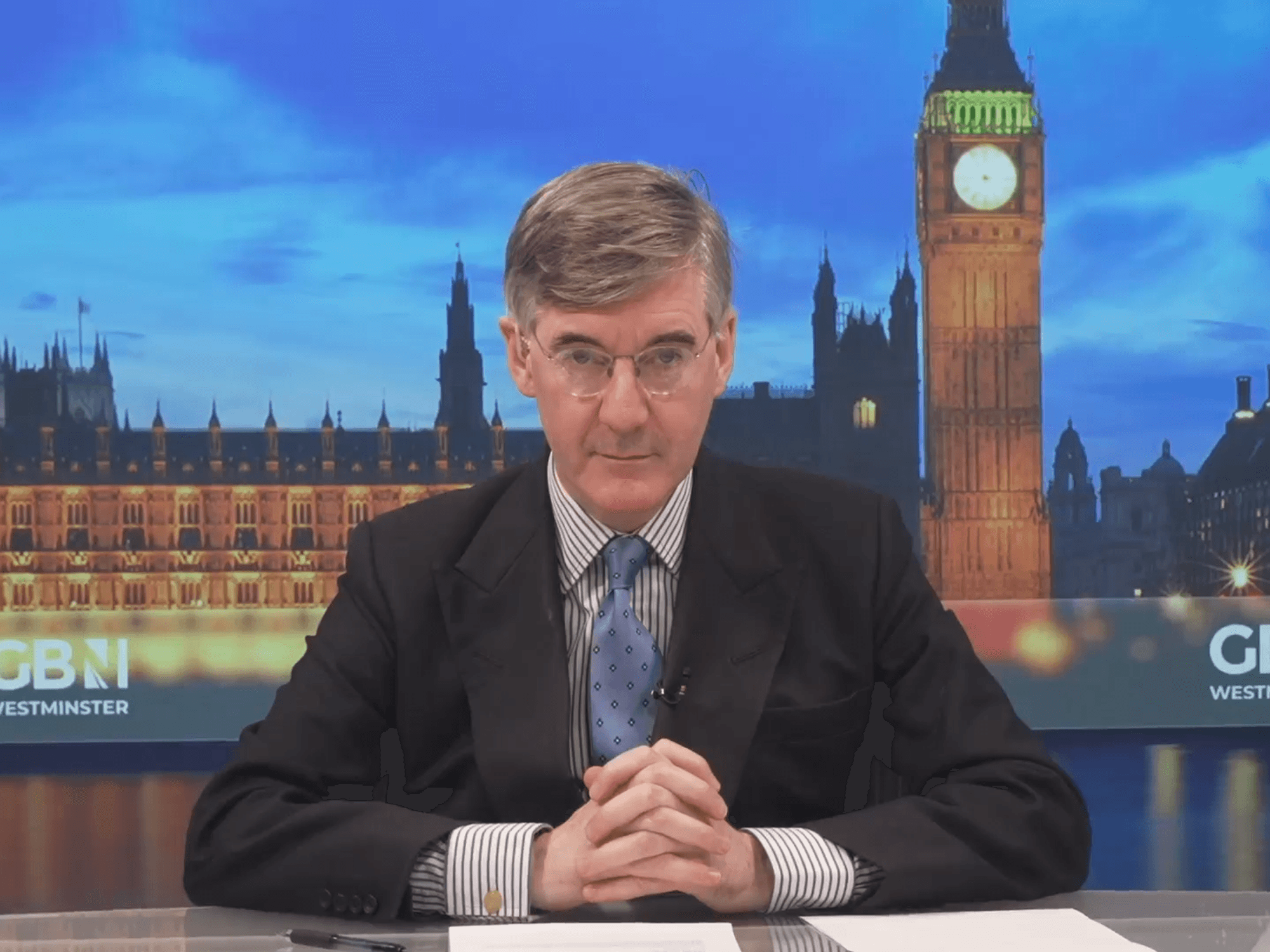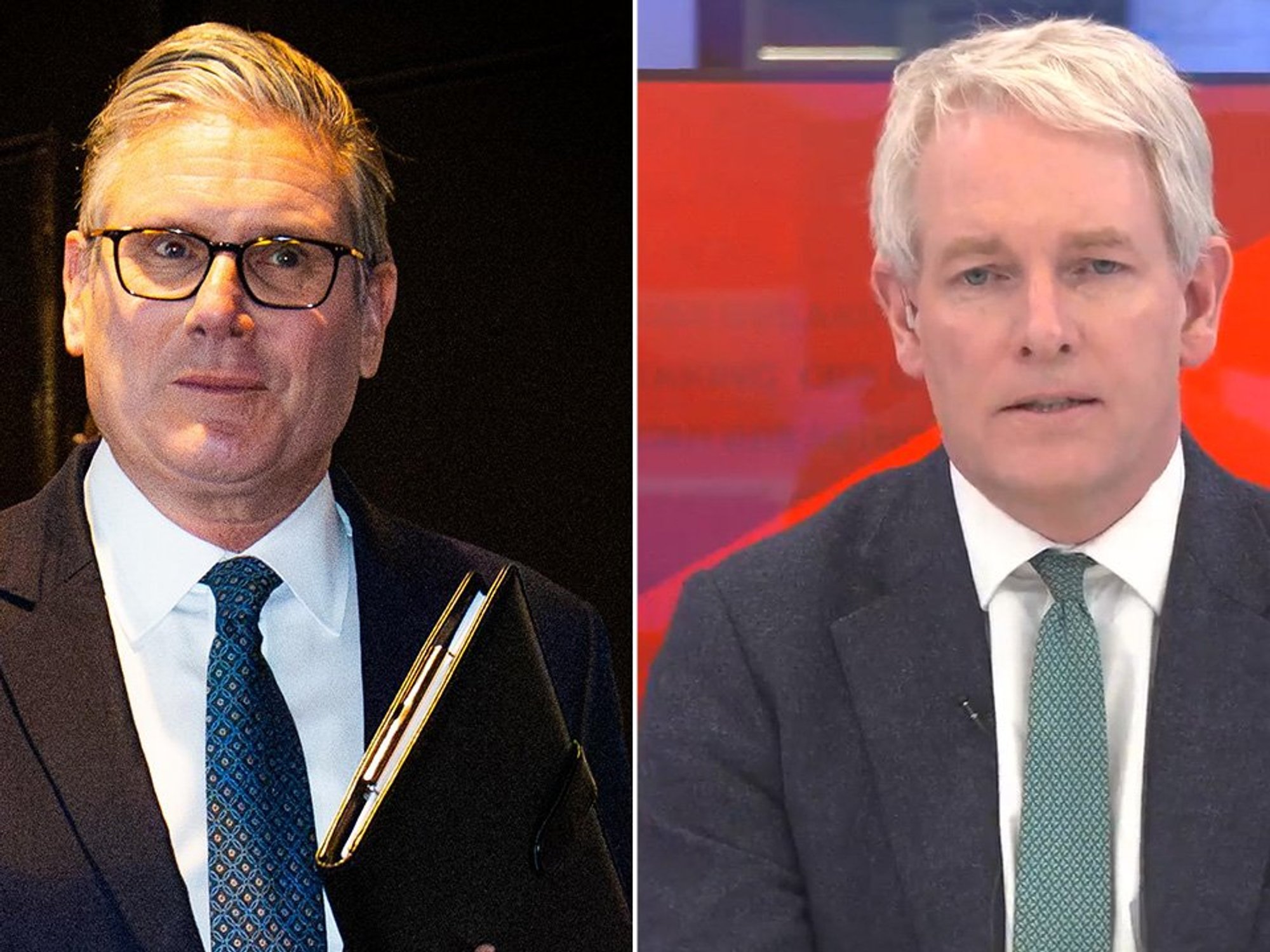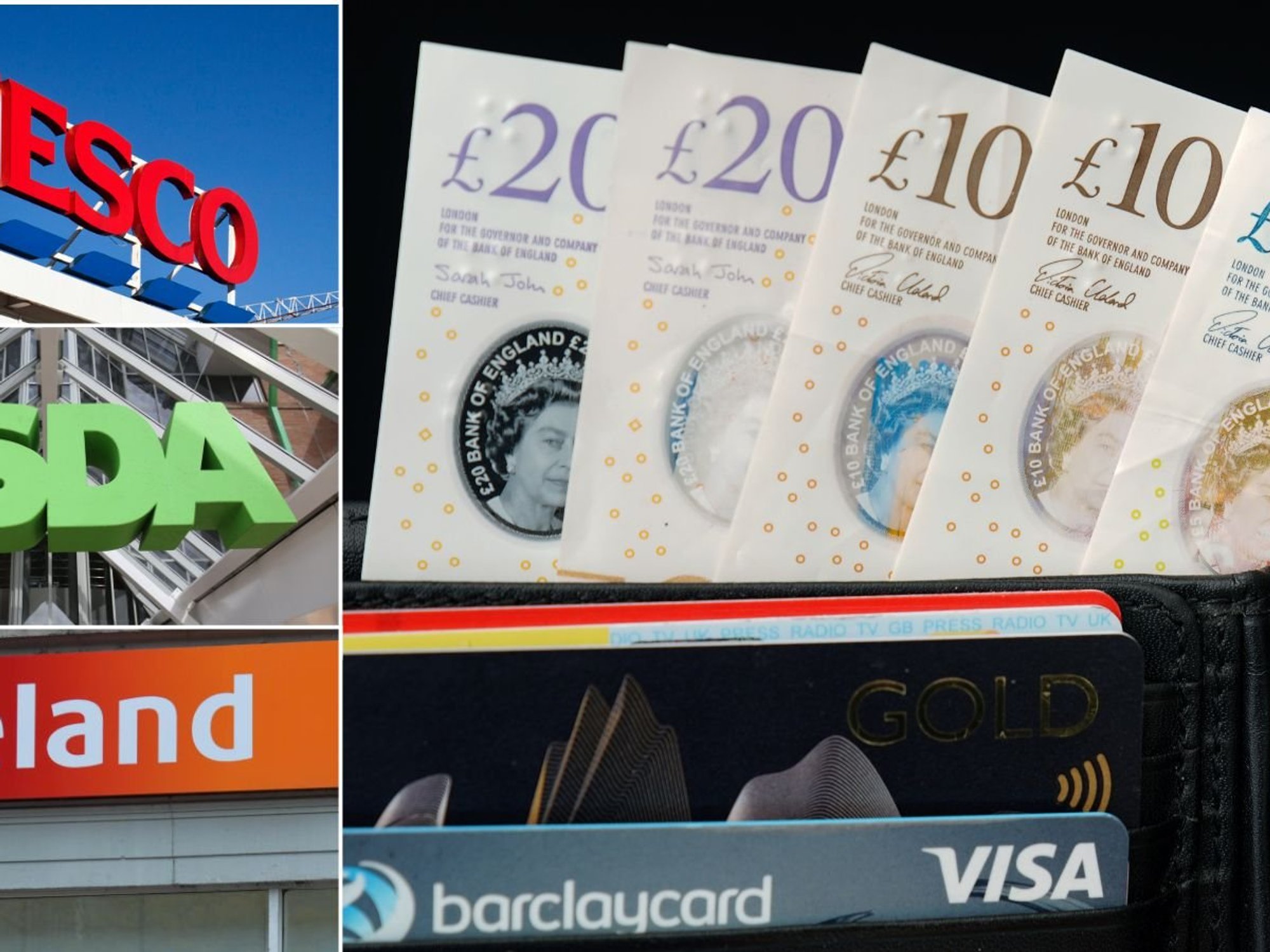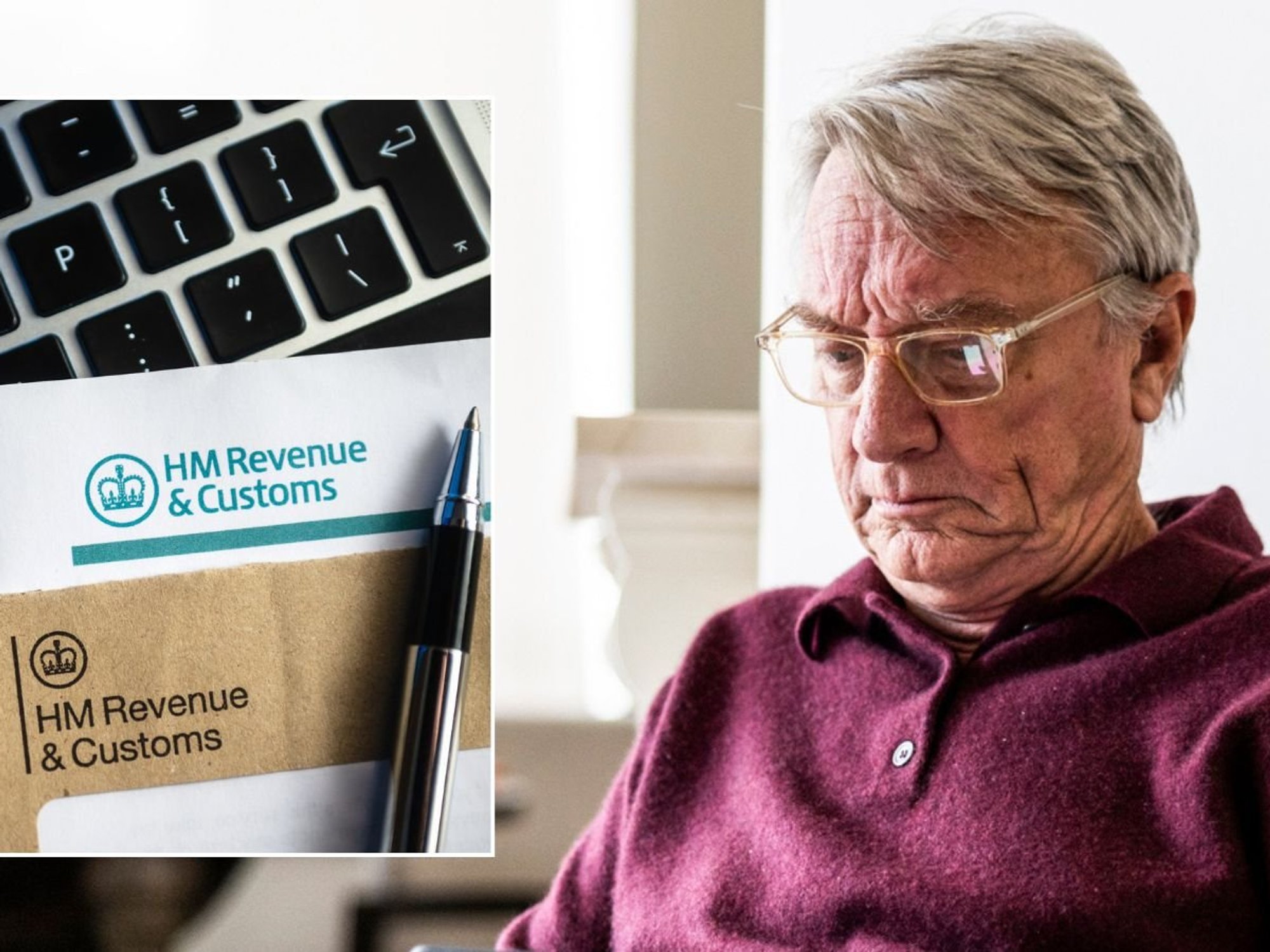HMRC sending out letters to thousands of Britons as savings accounts hit with by stealth tax
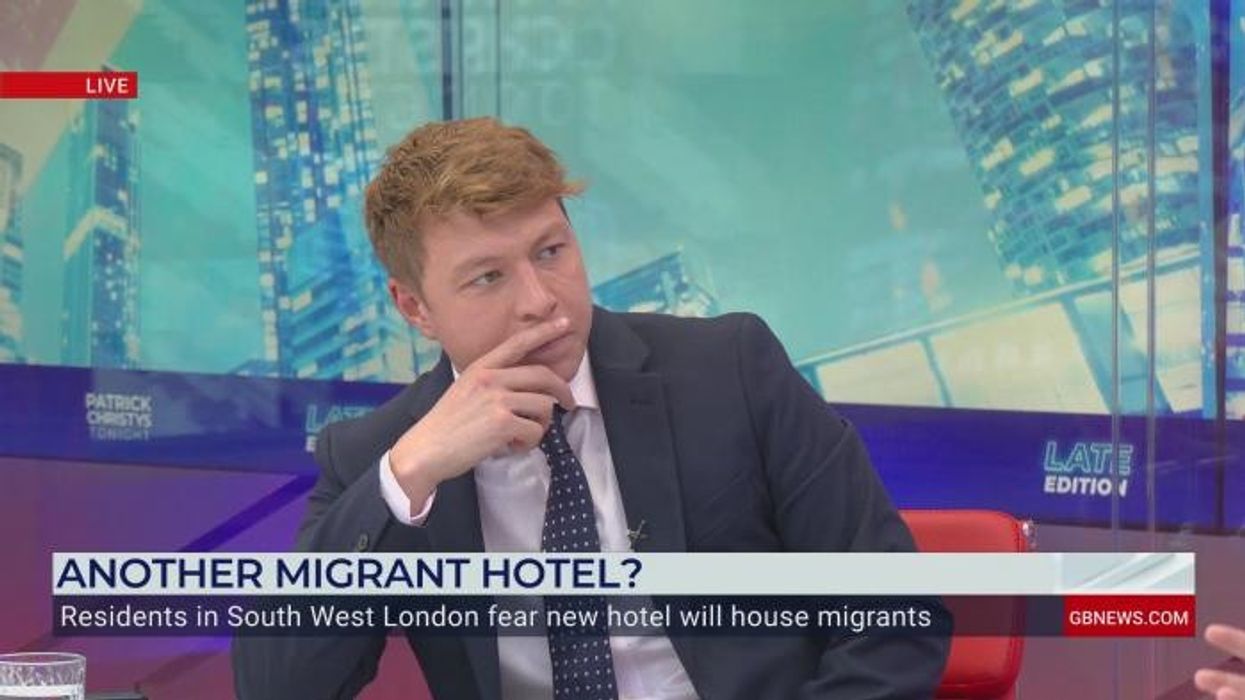
GB NEWS

Britons with more than a certain amount in savings need to pay tax to HMRC
Don't Miss
Most Read
Taxpayers across Britain are receiving demands from HM Revenue and Customs (HMRC) as modest savings accounts breach tax thresholds.
Individuals holding as little as £3,500 in certain savings products now face tax bills due to restrictions on the Personal Savings Allowance.
Fixed-term accounts pose particular risks, as accumulated interest paid in a single tax year can push even small savers beyond their allowances.
Meanwhile, HMRC has announced an enhanced tax-free threshold of £20,070 for specific self-assessment filers, offering relief to qualifying households amid broader concerns about frozen allowances.
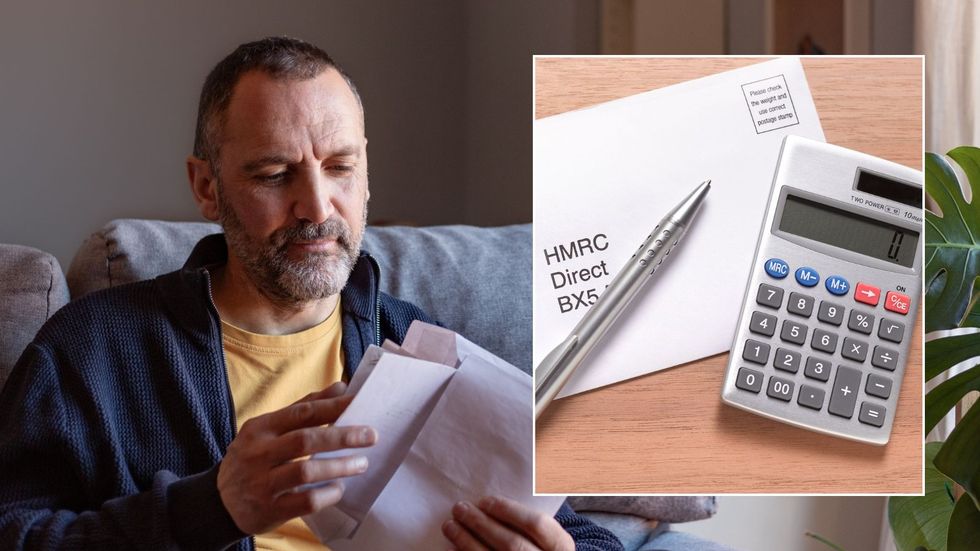
HMCR is sending out letter to savers
|GETTY
The Personal Savings Allowance permits basic-rate taxpayers to receive up to £1,000 annually in interest without incurring tax.
However, this threshold drops to £500 for individuals earning above £50,270.
Those with incomes exceeding £125,000 lose the allowance entirely.
Tax rates on excess interest match income tax bands, meaning higher earners forfeit 40 per cent of interest above their reduced £500 limit.
Do you have a money story you’d like to share? Get in touch by emailing money@gbnews.uk.
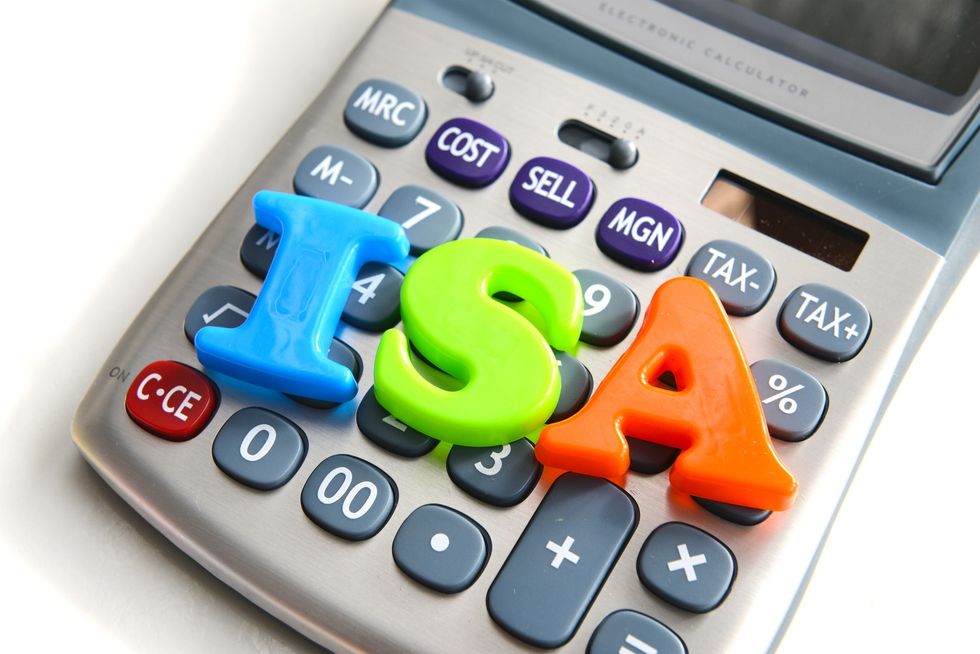 ISAs are useful tools for those looking save and avoid paying tax | GETTY
ISAs are useful tools for those looking save and avoid paying tax | GETTYThe timing of interest payments becomes crucial, particularly for products that pay accumulated returns in lump sums rather than distributing them gradually throughout the year.
Fixed-term deposits create particular complications when interest crystallises upon maturity.
A three-year fixed account holding £3,500 at five per cent generates over £500 in returns, all taxable in the year of payout, potentially triggering HMRC correspondence for higher-rate taxpayers.
Standard savings accounts present similar challenges at larger balances. An £11,000 deposit earning five per cent annually produces £550 in interest, surpassing the £500 threshold for those earning above £50,270.
Savings of £21,000 at five per cent yield £1,050 annually, exceeding their £1,000 allowance by £50, resulting in tax liability regardless of other income sources.
HMRC has introduced an expanded Personal Allowance reaching £20,070 for self-assessment taxpayers meeting particular criteria.
LATEST DEVELOPMENTS:
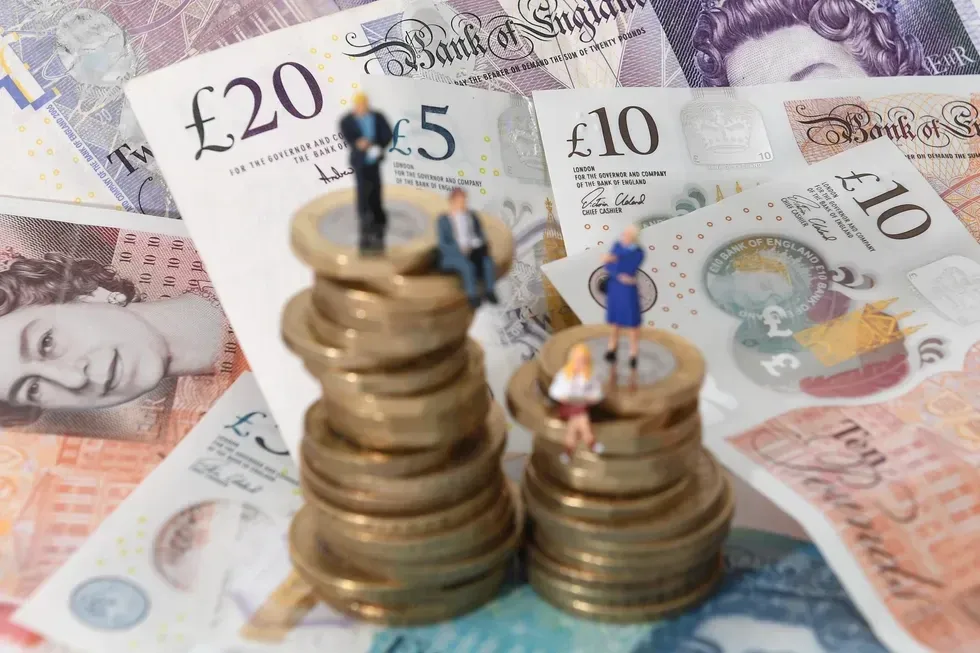
Britons are getting taxed on their savings
| PAThis substantial increase from the standard threshold arrives as tax bands remain frozen through 2028.
The freeze creates fiscal drag, where inflation-driven wage growth pushes workers into higher tax brackets despite no real income gains.
More taxpayers consequently seek legitimate methods to maximise their allowances and retain greater portions of their earnings.
However, the measure represents significant relief for eligible self-assessment filers facing increased tax burdens from static thresholds.






